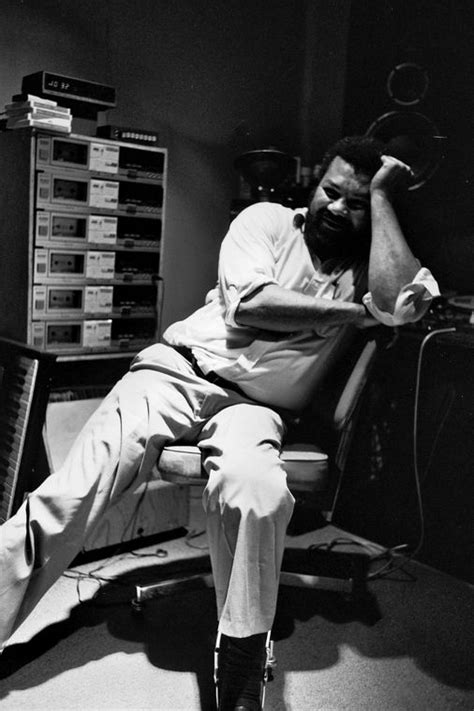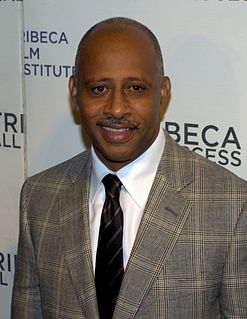A Quote by John Lewis
I believe it is my obligation to tell the story of the civil rights movement to the next generation.
Related Quotes
In less than a century we experienced great movement. The youth movement! The labor movement! The civil rights movement! The peace movement! The solidarity movement! The women's movement! The disability movement! The disarmament movement! The gay rights movement! The environmental movement! Movement! Transformation! Is there any reason to believe we are done?
This generation is different. They are not as interested in chasing money or material possessions. I believe that this generation is more interested in seeking social change and a more just society than any generation since those that brought about the civil rights movement and the struggles for human dignity of the 1960s.
How blind to believe the civil rights movement ever ended. The civil rights movement never ends, and it never will. It has been marching since the beginning of time. Where Martin Luther King started is where Gandhi left off, and where he started, Abe Lincoln left off, and before that Whitfield all the way back to Moses. God has not moved. We have. But it is never too late. We are not at the mercy of these events. We can alter the course of history. We can stand against the dangerous arc of this story. But we need people who are willing to speak truth.
I've always felt that homophobic attitudes and policies were unjust and unworthy of a free society and must be opposed by all Americans who believe in democracy. The civil rights movement thrives on unity and inclusion, not division and exclusion. My husband's struggle parallels that of the gay rights movement.

































